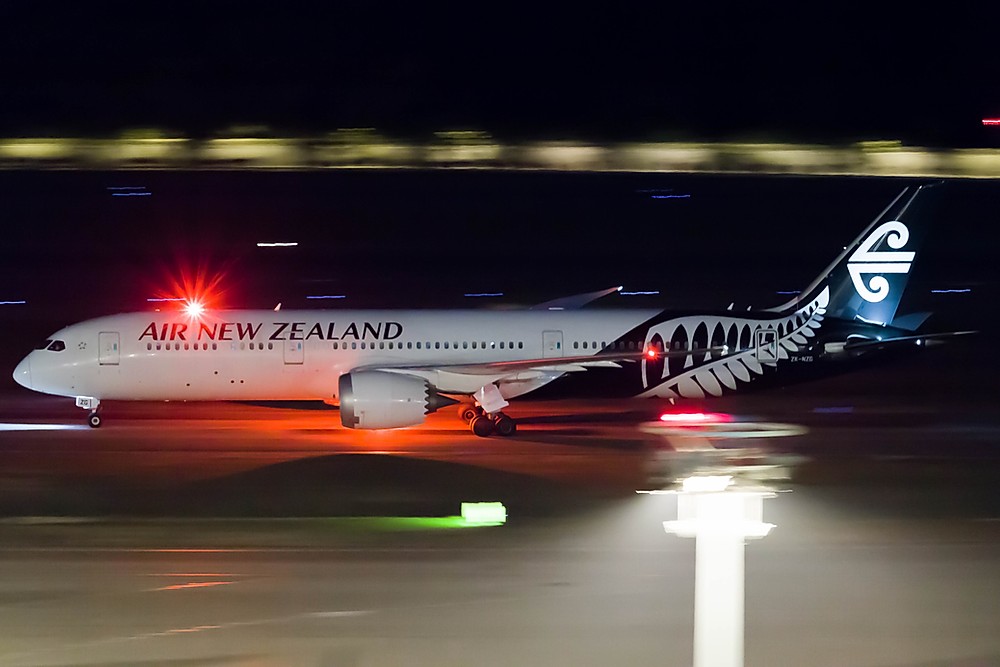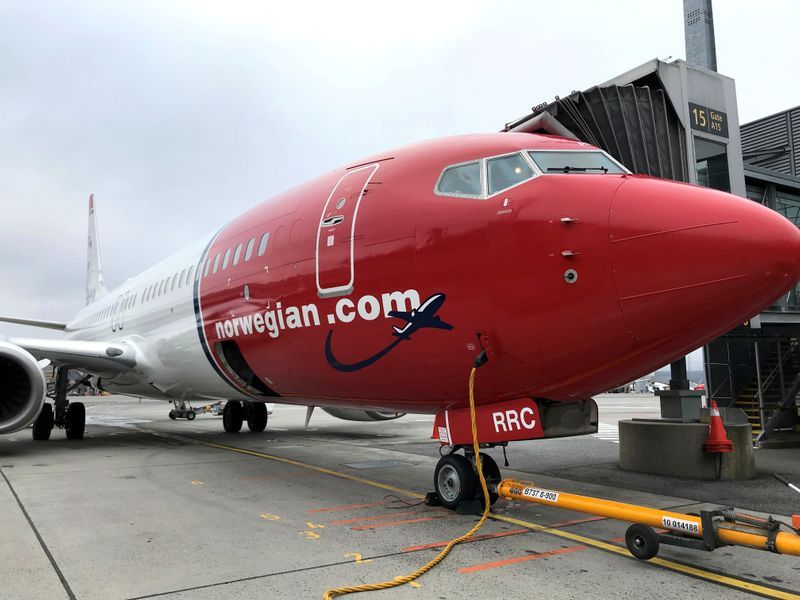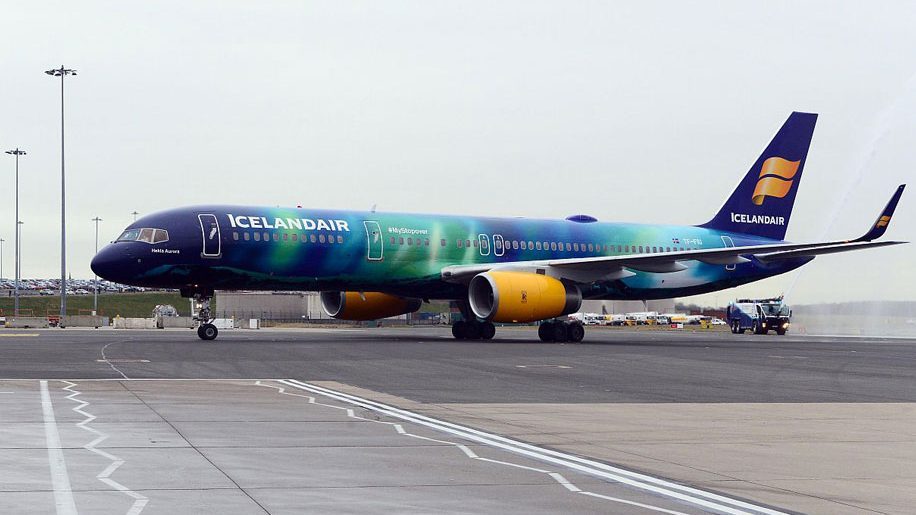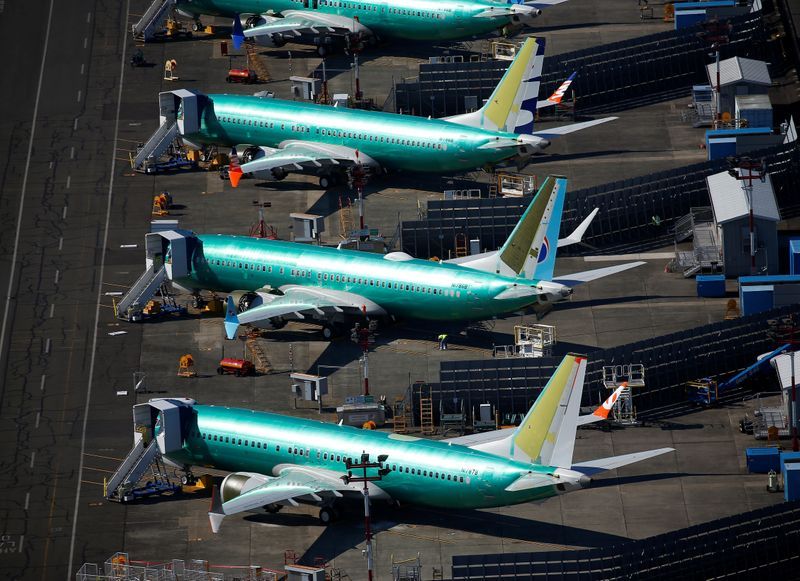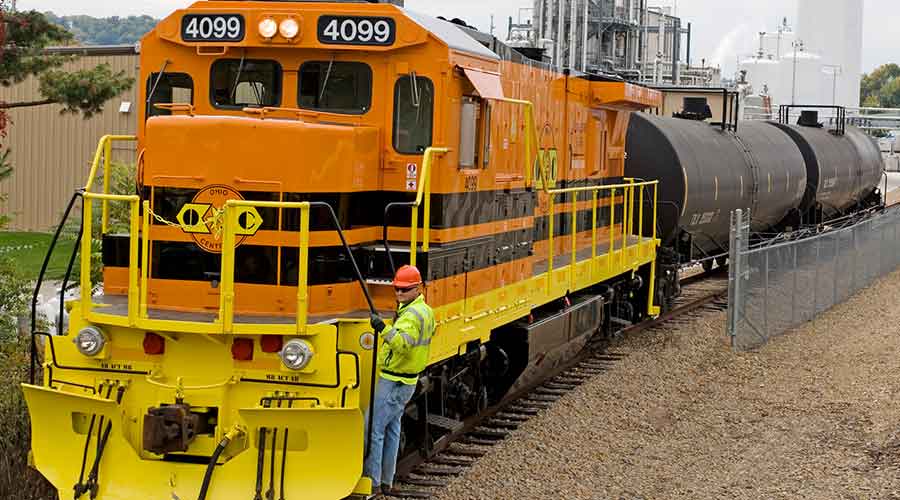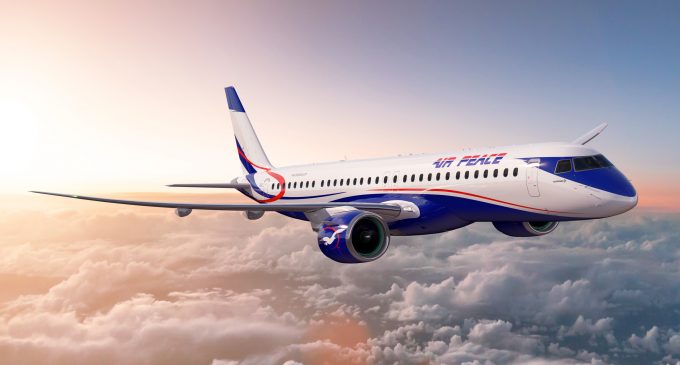Two Embraer E195s have commenced operations in Vietnam with Bamboo Airways, offering the first jet service to Con Dao from Hanoi, Vinh and Hai Phong. Con Dao Island and the surrounding National Park is an area of outstanding natural beauty 1400km (760nm) from the capital Hanoi, off the southern coast of Vietnam. The popular tourist destination, featuring an archipelago of 16 islands, is currently only served by turboprop aircraft due to its short runway, light pavement, and lack of fuel provision.
The Embraer E195s join Bamboo Airways’ fleet on a wet-lease agreement with Denmark based Great Dane Airlines, adding to the growing number of E-Jet operators in the Asia Pacific region.
“Bamboo Airways is proud to offer jet-operated flights to Con Dao with the E195s,” said Mr. Dang Tat Thang – Executive Vice Chairman of Bamboo Airways. “The aircraft’s short runway performance makes it an ideal aircraft for flights to and from Con Dao. The two by two seating will offer our passengers a high level of comfort in a modern, spacious aircraft, including the one-of-its-kind Business Class on the route to Con Dao.”
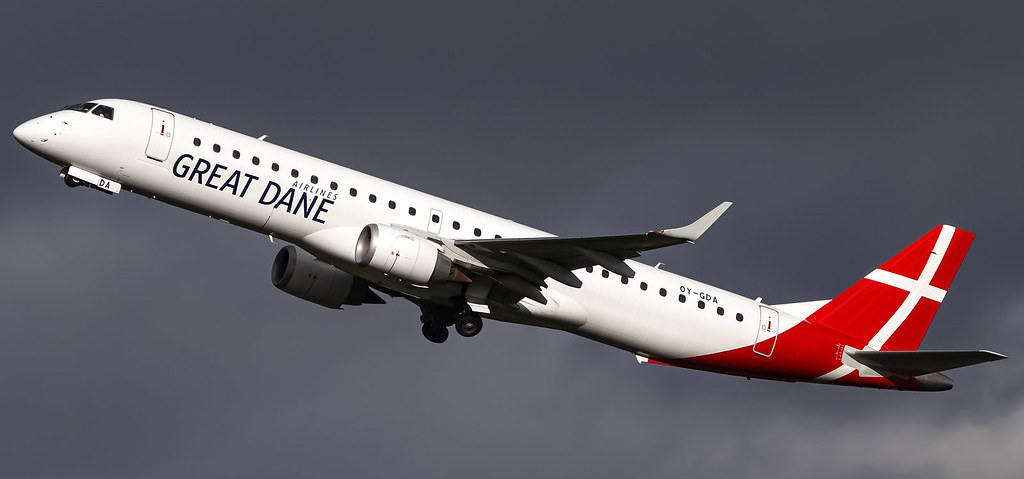
“Congratulations to Bamboo Airways on this strategic move. The E-Jets will give them great flexibility both in performance as well as in economics,” says Raul Villaron, Vice President, Asia Pacific for Embraer’s commercial aviation unit. “The E195’s fuel efficiency and economics enables Bamboo Airways to cost effectively manage fluctuating demand and operate lower density routes with the right sized aircraft. We welcome Bamboo Airways to the Embraer family and our global team are here to support them.”
Bamboo Airways is the first to operate direct flights to Con Dao from three cities; the capital Hanoi, Hai Phong city in the North and Vinh city in the central area. There will be two flights a day on the Hanoi – Con Dao route and daily flights from Hai Phong and Vinh to Con Dao in the initial phase. Bamboo Airways are operating the aircraft in a comfortable single class configuration with 118 seats.
Embraer is the world’s leading manufacturer of commercial aircraft up to 150 seats with more than 100 customers from all over the world. For the E-Jets program alone, Embraer has logged more than 1,800 orders and 1,600 aircraft have been delivered. Today, E-Jets are flying in the fleet of more than 80 customers in some 50 countries. The versatile 70 to 150-seat family is flying with low-cost airlines as well as with regional and mainline carriers.


